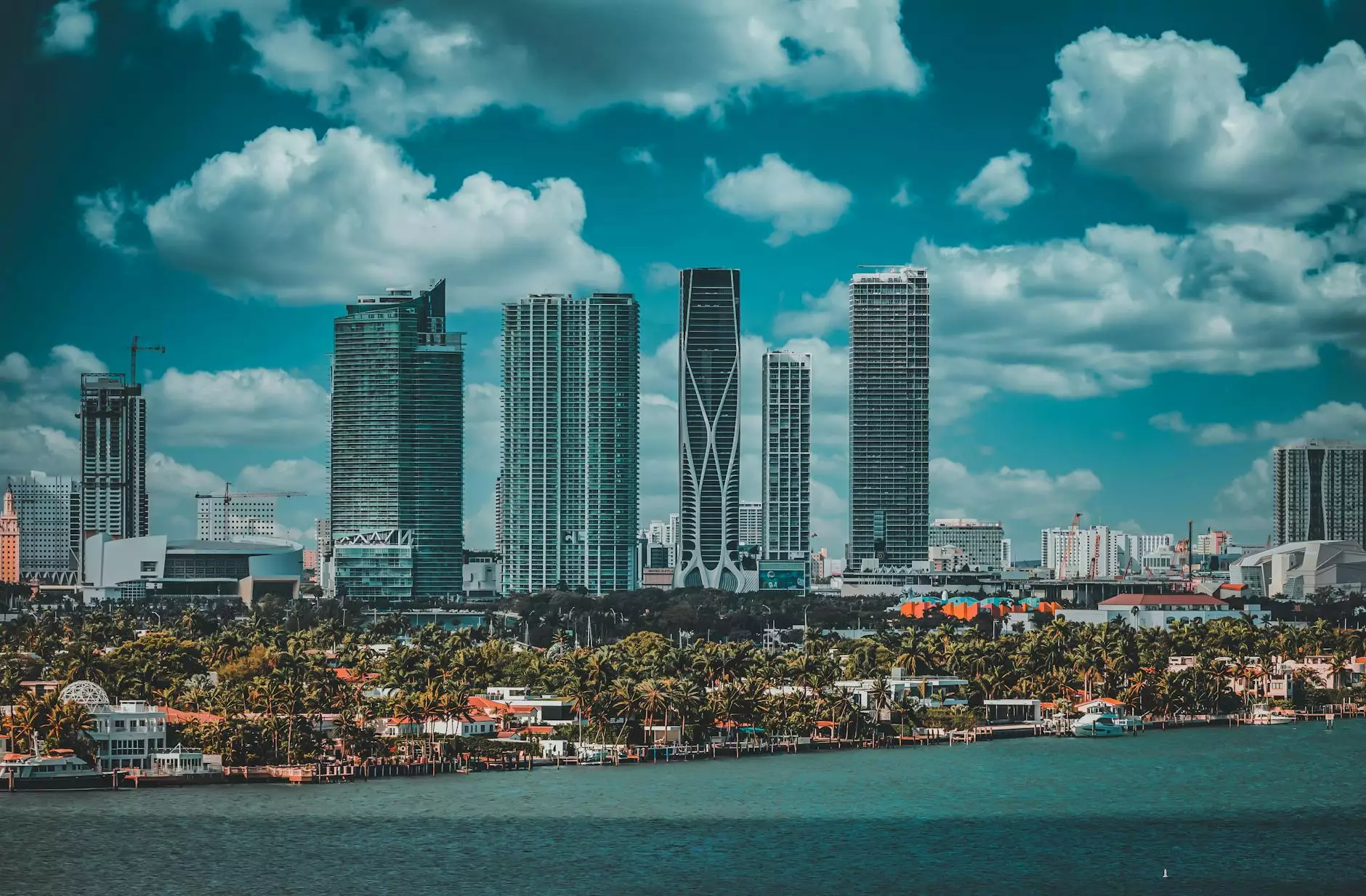Why is Jacksonville Named After Andrew Jackson?
History
When examining the history of Jacksonville, Florida, one cannot help but wonder why it is named after Andrew Jackson. As one of the most historic cities in the United States, Jacksonville holds a story that intertwines its roots with the nation's seventh president. In this article, we delve into the origins of Jacksonville's name and explore the significance of Andrew Jackson's association with the city.
A Glimpse into the Past
Jacksonville, established in 1822, holds a rich heritage that dates back centuries. Originally inhabited by Native American tribes, including the Timucua, Mocama, and Ocale, the area witnessed a series of explorations and territorial changes before becoming Jacksonville as we know it today. However, it wasn't until 1822, when Florida became a territory of the United States, that the city began to take its first steps towards prominence.
Andrew Jackson and his Influence
The naming of Jacksonville after Andrew Jackson can be attributed to his significant impact on the region during his role as the seventh president of the United States. Andrew Jackson, hailed for his military achievements and charismatic leadership, played a vital role in shaping the destiny of the young nation. With his efforts to expand American territories, including Florida, it comes as no surprise that Jackson's name became intertwined with the city's identity.
The Battle of Negro Fort
One of the notable events in the history of Jacksonville is the Battle of Negro Fort that took place in 1816. Located along the Apalachicola River, the fort became a sanctuary for fugitive slaves and drew the attention of the United States government. In an attempt to dismantle the fort, Andrew Jackson led an expedition that resulted in its destruction. This event showcases the direct involvement of Jackson in this specific region, laying the foundation for the city's eventual namesake.
Implications and Modern Perspectives
While the historical connection between Jacksonville and Andrew Jackson is undeniable, discussions have arisen questioning whether the city should continue to bear his name. As societal perspectives have evolved, the reassessment of historical figures and their legacies has become increasingly important. Some argue that honoring an individual who was a slave owner and implemented controversial policies does not align with the city's values and inclusive aspirations.
Conversely, others maintain that the name serves as a reminder of Jacksonville's history and should not be altered. They argue that it is crucial to acknowledge the past, both the positive and negative aspects, as a means of fostering understanding and growth. Jacksonville's identity, they claim, is embedded in its history, and renaming the city would disassociate it from its roots and erase an important part of its heritage.
The Path Forward
The decision regarding whether to rename Jacksonville rests on the shoulders of its residents and civic leaders. It is an opportunity for open dialogue, reflection, and inclusive decision-making processes. Regardless of the outcome, understanding the history behind the city's name is essential in comprehending its cultural significance and shaping a collective vision for its future.
Conclusion
Jacksonville's name carries with it an intriguing story that connects the city to the larger narrative of Andrew Jackson's impact on the nation. As discussions surrounding historical figures and their legacies gain traction, the topic of renaming the city sparks reflection on its past and consideration for its future. Whether Jacksonville continues to bear Andrew Jackson's name or embarks on a new chapter by adopting a different name, the city's history remains an integral part of its cultural fabric.










